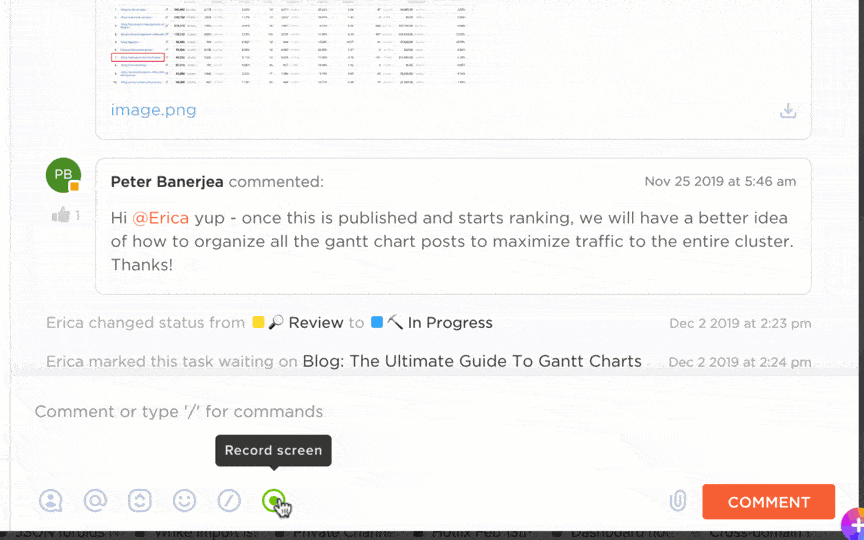After decades of dominating China’s market for high-performance cars with precision engineering, German automakers are losing out to Chinese rivals that have shifted the definition of a high-end car to one that is electric, smart and affordable.
Many new Chinese vehicles resemble their German rivals, like the wildly popular Xiaomi SU7, which mimics Porsche’s Taycan. The SU7 rivals the Taycan in power and braking, but it also includes integrated artificial intelligence that can, for instance, help with parking and greet drivers with their favorite song. The cherry on top: It sells for roughly half the price of a Taycan.
As a result, the German automakers that for decades commanded China’s premium car market are now seeing their sales dwindle, while Xiaomi — a leading Chinese smartphone manufacturer — last year sold more than 100,000 models of the SU7.
Among the hardest hit has been Porsche, which reported last month that its deliveries in China plunged 28 percent in 2024. Although Porsche’s sales were up in every other region around the world, the decline in China was significant enough to pull down its global deliveries for the year by 3 percent.
For years, German automakers relied on the Chinese market to make up for weaker demand elsewhere, leading them to ignore deeper structural problems at home. Chief among them was a reluctance to adopt the technology that has come to define driving in China: electric vehicles equipped with sophisticated software and, increasingly, artificial intelligence.
“The German, but also the American and the Japanese-Korean, established Western manufacturers have greatly underestimated the development dynamics of the Chinese manufacturers, namely in the important fields of electro-mobility and software-defined vehicles,” said Stefan Bratzel, director of the Center for Automotive Management in Bergisch Gladbach, Germany.
Market experts said advances in software and features such as automated driving and remote control had become standard in Chinese electric cars, pressuring European automakers used to cashing in on their brand names to step up their game.
“I think Chinese consumers right now are ready to accept that Chinese companies can produce cars that are considered as premium to them,” said Gary Ng, an economist with Natixis Corporate & Investment Banking.
This month, Porsche announced that it would part ways with its finance chief and a top sales executive, both of whom had come under pressure for Porsche’s poor performance, including in China.
Adding to the pressure, President Trump has directed his advisers to devise new tariff levels for America’s trading partners, including the European Union. This could hurt Porsche, which, unlike BMW, Mercedes-Benz or other Volkswagen brands, supplies its U.S. market only with exports from Germany.
Last week, Porsche said it would cut up to 1,900 jobs in Germany over the coming years, amid a decline in global demand. Sales of the electric Taycan dropped by nearly half last year, to 20,836 deliveries, and sales of the new Panamera, a hybrid model, declined 13 percent last year, in part because Chinese buyers did not show as much interest as expected.
The extent of Porsche’s problem is reflected in car buyers like Seaky He, a social media content creator who lives in Changsha in China’s central Hunan Province. In 2017, she bought her first car, a bright red Mercedes-Benz CLA coupe. But last year, she decided to trade it in for a Xiaomi SU7.
Xiaomi has loaded the SU7 with features like automatic parking and remotely activated temperature control, which are exactly what Ms. He said she, and other young Chinese drivers, wanted from a car.
“In choosing my new car, I didn’t even consider buying another German vehicle,” Ms. He said.
The SU7 is not yet available for export, but a few models have reached the United States. James D. Farley Jr., the chief executive of Ford Motor, said he had one shipped from Shanghai to Chicago to drive for six months and “didn’t want to give it up.”
Xiaomi has also been testing pared-down versions its SU7 Ultra, which will be released in China in March, on Germany’s storied racetrack, the Nürburgring. In October, the car set a record for the “fastest four-door sedan,” and industry media and car fans cheered the news, excited that the SU7 had beaten Porsche’s Taycan by 20 seconds.
Racetrack officials pointed out, however, that the times were not comparable because the Chinese car was a preliminary version competing in an essentially open category, while the Taycan was a showroom-ready model and ran in a highly regulated category. Regardless, the message was unmistakable.
“As German carmakers, we have to be at least as much or more innovative as we are more expensive,” Mr. Bratzel said. “And that has gradually been lost, because Chinese carmakers are now just as innovative, and some are even more innovative.”
Keith Bradsher contributed reporting from Beijing. Li You contributed research from Shanghai.










